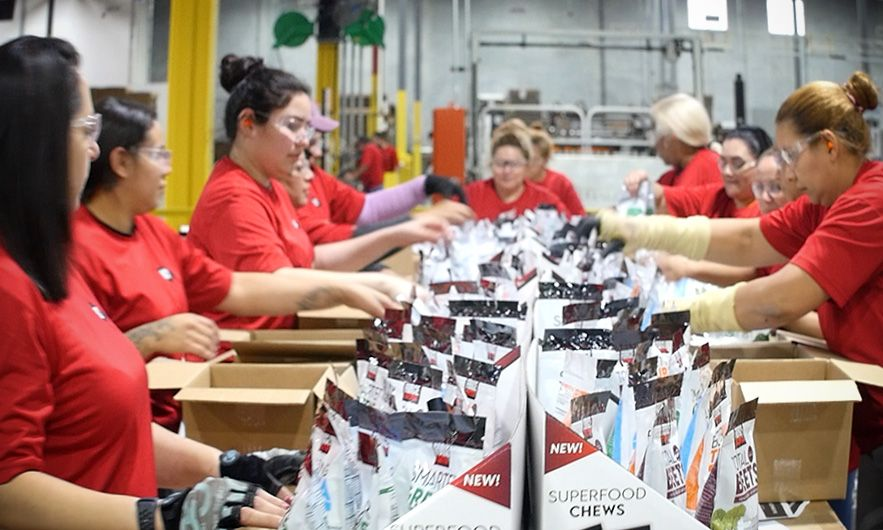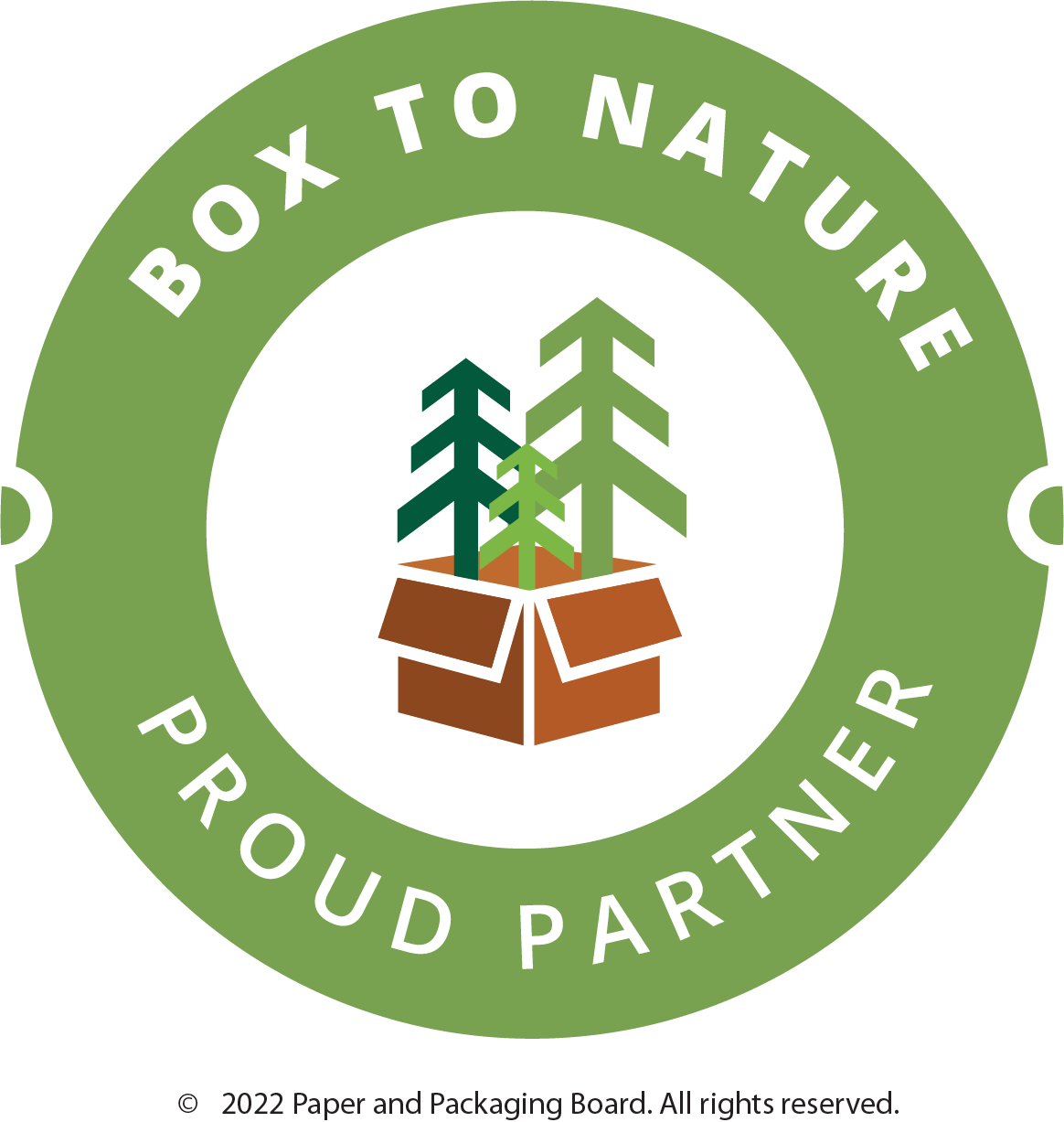 By BCI
By BCI 15 March 2024
15 March 2024
We all know the drill of meticulously sorting plastic, paper, and cardboard and putting them into their respective bins, hoping it all magically transforms into something new. Recycling plays a crucial role in waste management, but it’s not the ultimate solution.
The circular economy is a revolutionary approach to packaging design that reimagines the entire product life cycle, minimizing waste and maximizing resource recovery.
It’s a departure from the traditional packaging design model that follows a linear path: materials are extracted, processed, used once, and then discarded. The circular economy disrupts this linear flow, aiming to keep resources in use for as long as possible. The effort addresses biodiversity loss, pollution, and materials waste by reusing, refurbishing, and recycling products and materials, keeping them in circulation.
Let’s look at this in greater detail and see how Buckeye Corrugated, Inc., is the leader in sustainable packaging solutions.
The circular economy addresses all types of materials but does not treat them the same. Take plastic for instance. Worldwide, plastic water bottles are the number one material polluting our oceans. That’s because they are used once and thrown away, only to end up in waterways where the sun breaks them down into smaller particles. These particles never dissolve and can be found in the ocean’s ecosystems, including the fish we eat.
However, refillable water bottles or returnable containers for your favorite condiments help curb the amount of plastic that ends up in our oceans. These reusable packaging options eliminate single-use plastics and extend the life span of materials.
The circular economy prioritizes the use of recycled materials in new packaging designs. This reduces a reliance on virgin resources and creates a closed-loop system where old packaging gets a new lease on life. Patagonia, a leader in sustainable outdoor apparel, utilizes recycled nylon from fishing nets and worn-out garments in its packaging, demonstrating the potential for the innovative use of recycled materials.
BCI does its part in the packaging manufacturing process by utilizing recycled materials wherever possible. Our corrugated material is recyclable and biodegradable, which means it can be used in the manufacturing process again. This also means that when our suppliers lighten their carbon footprint, it automatically lightens ours and that of our clients.
Not all packaging needs to be permanent for products with a shorter life span, and food packaging and biodegradable and compostable materials offer a promising solution. These materials decompose naturally, returning valuable nutrients to the soil and minimizing landfill waste.
The circular economy goes beyond the packaging itself. Rethinking delivery systems can also minimize waste. Imagine reusable shipping containers for online orders or refill stations for household products. Companies like Unilever are piloting refill stations in grocery stores, allowing consumers to bring their containers and minimize single-use packaging associated with household cleaning products.
The benefits of embracing the circular economy in packaging design are multifaceted. It significantly reduces environmental impact by minimizing waste, conserving resources, and lowering energy consumption. Additionally, it fosters innovation in materials science and packaging design, leading to exciting new possibilities.

BCI prioritizes environmental responsibility, using nontoxic, water-based inks and recycling waste into new corrugated products. Committed to sustainability as a leading corrugated manufacturer, BCI minimizes its carbon footprint by partnering with sustainably managed forests and incorporating bio-based algae inks. We extend that commitment through our participation in the Paper and Packaging Board’s Box-to-Nature Program, which educates consumers on how they can recycle the packaging from the products that they buy.
With over 60 years of experience, BCI is a corrugated packaging manufacturer that champions renewable, biodegradable, and recyclable materials. As it expands, we remain dedicated to promoting circular design for a sustainable packaging future.
Contact BCI to find out more or to partner with them on your next project.